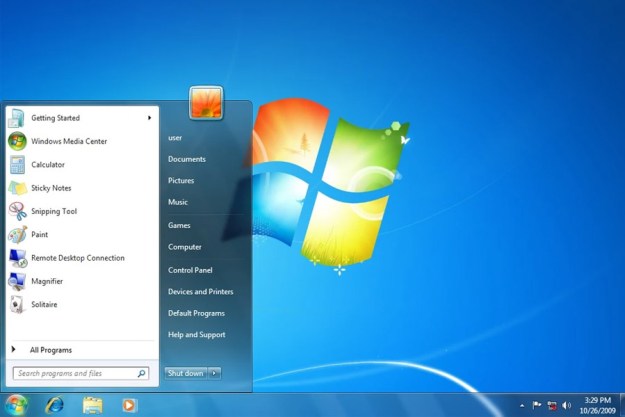
The Windows RT deathtrain steams ahead. On Friday, Asus announced that it’s pulling out of the Windows RT market. Asus CEO Jerry Shen told the Wall Street Journal that it will only produce full Windows 8 devices based on Intel’s x86 chips from now on. “It’s not only our opinion, the industry sentiment is also that Windows RT has not been successful,” Shen told the WSJ. So, if the “industry sentiment” is that RT has been a flop so far, what companies are still actually producing Windows RT products?
Windows RT, the light-weight version of Windows 8 that works on ARM-powered devices mobile devices, confused people from the get go. Why did Microsoft release two operating systems? Besides the confusion, initial reviews of RT devices knocked the limited software (RT devices can only run apps downloaded from the Windows Store), which only exacerbated the fledgling OS’s problems. The latest IDC report released August 5 reveals that 1.8 million Windows 8 tablets were sold in the second quarter of 2013, but Windows RT devices only sold 200,000 units. That number comes as no surprise, as Microsoft had to write off $900 billion recently due to unsold Surface RTs.

That minuscule number is reflective of the small amount of Windows RT devices on the market today. Back in March, Samsung decided to pull it’s Windows RT Ativ Tab out of Germany and other European countries – and it refused to release the product here in the U.S. to begin with. Samsung’s decision not to produce more RT devices came from the confusion over what the RT operating system is, and a lack of consumer interest due to the success of Android tablets like the Nexus 7 and Nexus 10, and iOS tablets like the iPad.
Although Samsung released its Ativ Tab in Europe, some OEMs never released an RT device at all. HP, for example, worked on an RT tablet last fall, but ended up not releasing it, and still hasn’t produced a Windows RT device. Toshiba also decided early on to only make full Windows 8 products. Lenovo, whose IdeaPad Yoga 11 ran Windows RT, announced towards the end of July that it was discontinuing the RT version of the convertible tablet, leaving Lenovo without any RT devices in its lineup.

Of course, Microsoft’s still touting its Surface RT tablet as being better than the iPad in commercials that compare the two products, but that just make us sad. Poor, Microsoft. The Surface RT tablet is one of the two Windows RT tablets now, leaving Dell’s XPS 10 tablet to keep it company. Even Dell realized that people won’t pay much for an RT device. It slashed the price of the XPS 10 from $450 (after a $50 initial price drop) to $300 back in May. It’s still available to buy today, leaving Dell the only third-party Windows RT OEM out there.
So, things are looking pretty bleak for Microsoft in terms of its RT campaign. Unless it shows off a mind-blowing new Surface RT soon, we wouldn’t be surprised if Dell quietly backs out of the room as well.
Editors' Recommendations
- How to set up Windows 11 without a Microsoft account
- Microsoft may fix the most frustrating thing about Windows updates
- How to remove a Microsoft account from Windows 11
- This sleeper Asus laptop is faster and cheaper than Microsoft’s Surface Laptop Go 3
- Microsoft September 2023 event: Copilot, Surface Laptop Studio 2, and more


